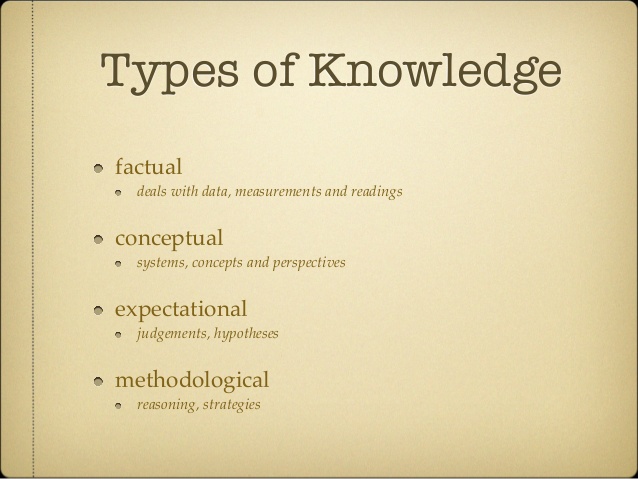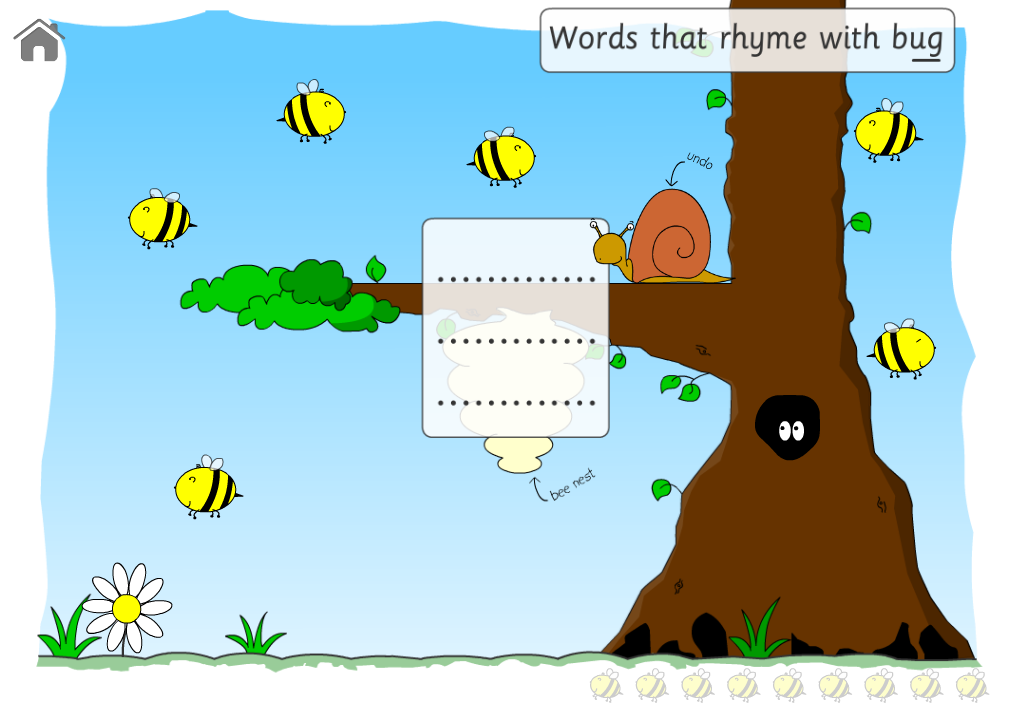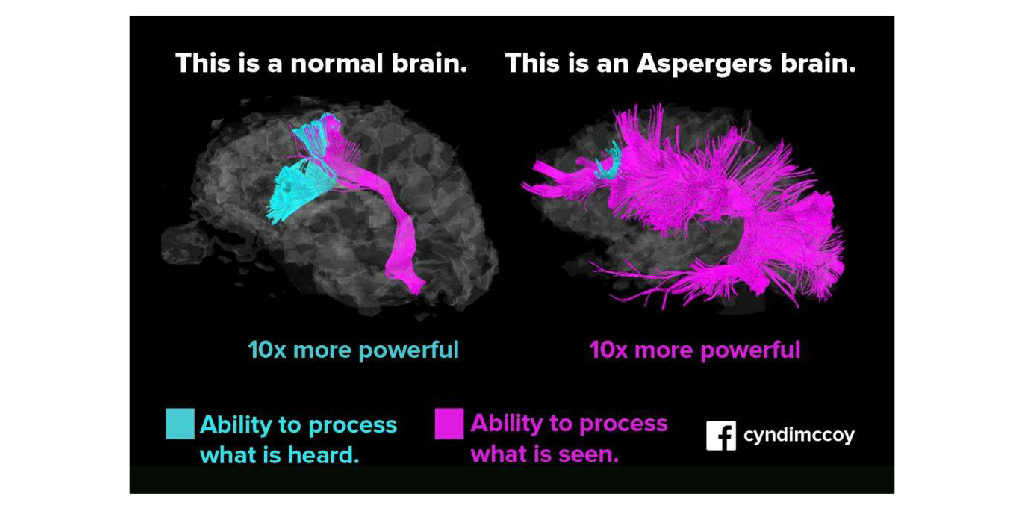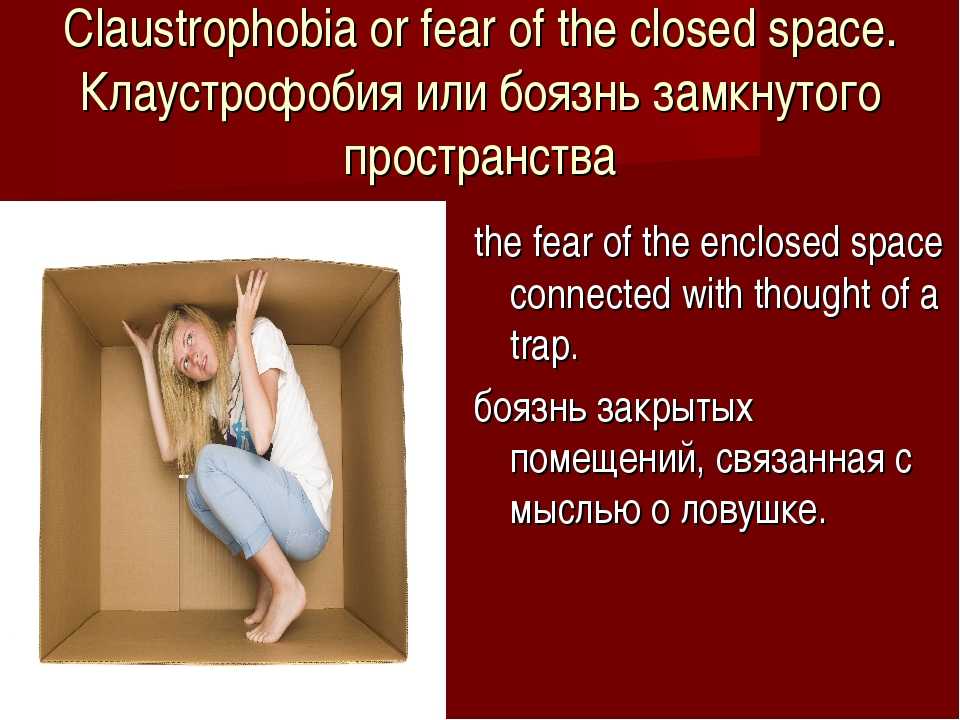Three types of knowledge
Three Kinds of Knowledge
I’ve been talking about the “learning styles” philosophy and why it doesn’t make sense. It’s because there are different forms of knowledge, each of which has a different source. Some knowledge does enter our heads through our eyes and ears and fingertips, but the most critical kind of knowledge (which Piaget called “logico-mathematical knowledge”) is built within the brain. The learning styles philosophy mistakenly concerns itself with how facts enter the brain, but this doesn’t matter. What matters is the processing that takes place within the brain.
Piaget identified three kinds of knowledge:
- Physical knowledge: These are facts about the features of something. The window is transparent, the crayon is red, the cat is soft, the air is warm and dry today. Physical knowledge resides within the objects themselves and can be discovered by exploring objects and noticing their qualities.
- Social knowledge: These are names and conventions, made up by people.
My name is Leigh, Christmas is on Dec 25, it is polite to say thank you for a gift. Social knowledge is arbitrary and knowable only by being told or demonstrated by other people.
- Logico-mathematical knowledge: This is the creation of relationships. The brain builds neural connections which connect pieces of knowledge to one another to form new knowledge. The tricky part to understand here is that relationships don’t exist in the external world. They often appear to, but this is an illusion. Logico-mathematical knowledge is constructed by each individual, inside his or her own head. It doesnt come from the outside. It cant be seen, heard, felt or told.
Heres the way I try to get this across face-to-face. I hold up a red and a green crayon. Everyone can observe the redness of the red crayon and the greenness of the green, can feel their waxinessthese are examples of physical knowledge.
We call them crayons and adults often get angry when kids use them on the walls.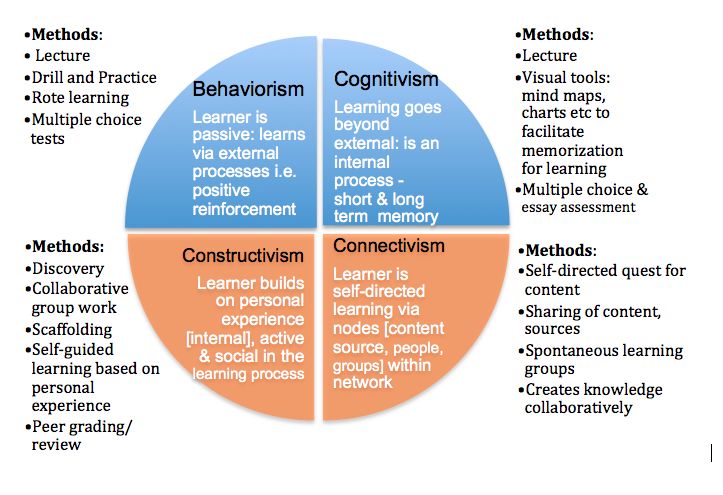 These are facts people have attached to the crayons. These are examples of social knowledge.
These are facts people have attached to the crayons. These are examples of social knowledge.
There are two crayonsand we are all so used to seeing the twoness we dont realize that twoness doesnt exist in nature, but is in fact a relationship we make inside our heads. But where is the two? Neither of the crayons has two inherent in it, or attached to it. Does the twoness float invisibly in the air between the crayons? What if I add a second red crayon? Now we believe we see threenessunless we decide to think about the twoness of the two red crayons and so we again see twoor perhaps we see the oneness of the single green crayon.
Two is a relationship. A mental construct. Adults and older children make this relationship so easily and so often that it can be an awful struggle to convince them that two isnt a thing found in nature.
But you can’t show someone “two.” You can’t explain “two” or have them touch “two.” To teach the relationship “two,” you need to keep giving your student situations that encourage him to think about “two” and use “two,” until he makes this relationship in his own head for himself.
I’ll say more about logico-mathematical knowledge next time.
The 7 Types of Knowledge: Definitions, Examples & More
When creating a knowledge management strategy, the different types of knowledge must be taken into account in order for the end result (of creating a knowledge base) to be as useful as possible in both the short and long terms. So how can you best understand things like explicit vs tacit knowledge? Let’s dive in!
What are the 7 types of knowledge?
- Explicit knowledge
- Implicit knowledge
- Tacit knowledge
- Procedural knowledge
- Declarative knowledge
- A Posteriori knowledge
- A Priori knowledge
The 7 types of knowledge
1. Explicit knowledge
Explicit knowledge is knowledge covering topics that are easy to systematically document (in writing), and share out at scale: what we think of as structured information. When explicit knowledge is well-managed, it can help a company make better decisions, save time, and maintain an increase in performance.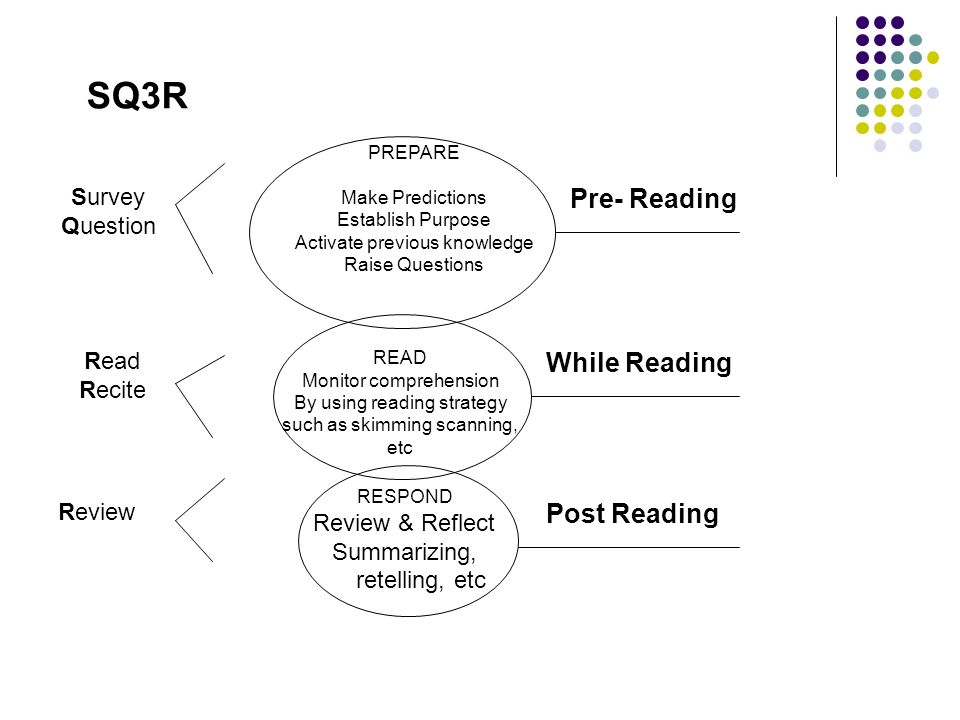
These types of explicit knowledge are all things that have traditionally been what has been captured in a knowledge base or as part of a knowledge management strategy. It’s formalized documentation that can be used to do a job, make a decision, or inform an audience.
Explicit knowledge examples
Companies can share explicit knowledge by maintaining well-documented information in the company knowledge base. Examples of explicit knowledge include things like FAQs, instructions, raw data and related reports, diagrams, one-sheets, and strategy slide decks.
Here is an example of documented explicit knowledge:
Learn more about structuring knowledge.
2. Implicit knowledge
Implicit knowledge is, essentially, learned skills or know-how. It is gained by taking explicit knowledge and applying it to a specific situation. If explicit knowledge is a book on the mechanics of flight and a layout diagram of an airplane cockpit, implicit knowledge is what happens when you apply that information in order to fly the plane.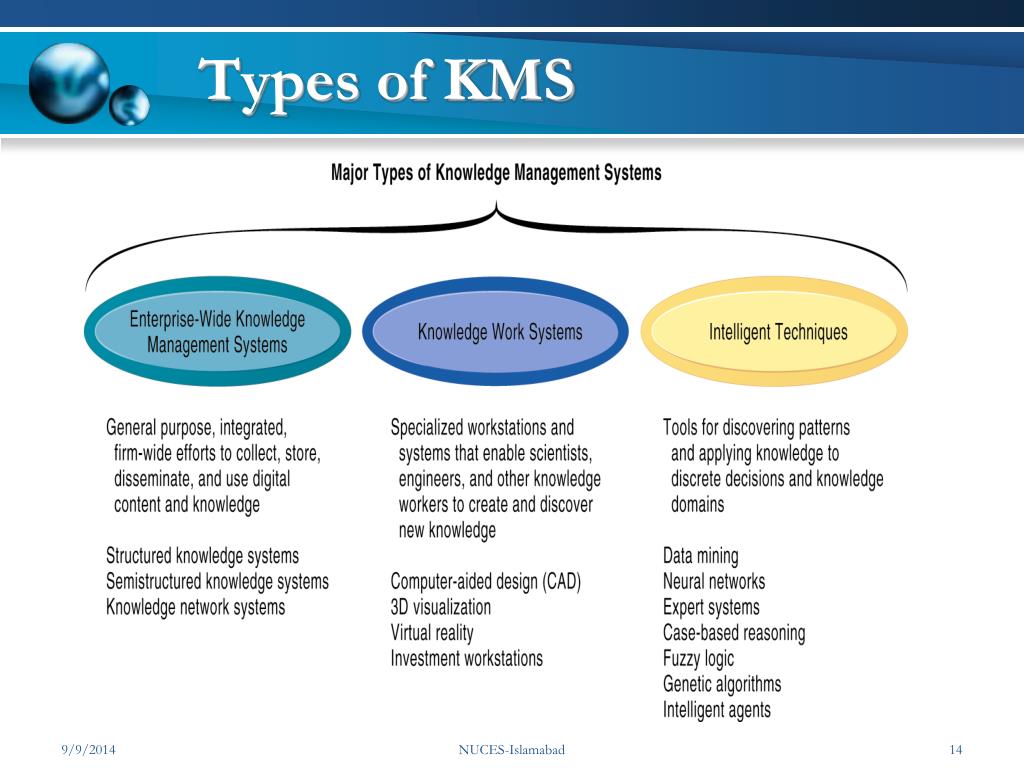
Implicit knowledge is gained when you learn the best way to do something. You can then take that experience and synthesize it with other learned information in order to solve an entirely new problem.
This type of knowledge has traditionally been excluded from formal knowledge bases, as it can be difficult to document and capture in a scalable way. In order to add it to a knowledge base, think of it this way: “What new thing did I learn, would it be useful to others, and how can I explain it?” Here is an example of documented implicit knowledge:
Implicit knowledge examples
While implicit knowledge can be more difficult to document, some examples of implicit knowledge could include an individual’s ability to prioritize tasks or juggle projects to meet deadlines.
3. Tacit knowledge
Tacit knowledge is intangible information that can be difficult to explain in a straightforward way, such as things that are often “understood” without necessarily being said, and are often personal or cultural.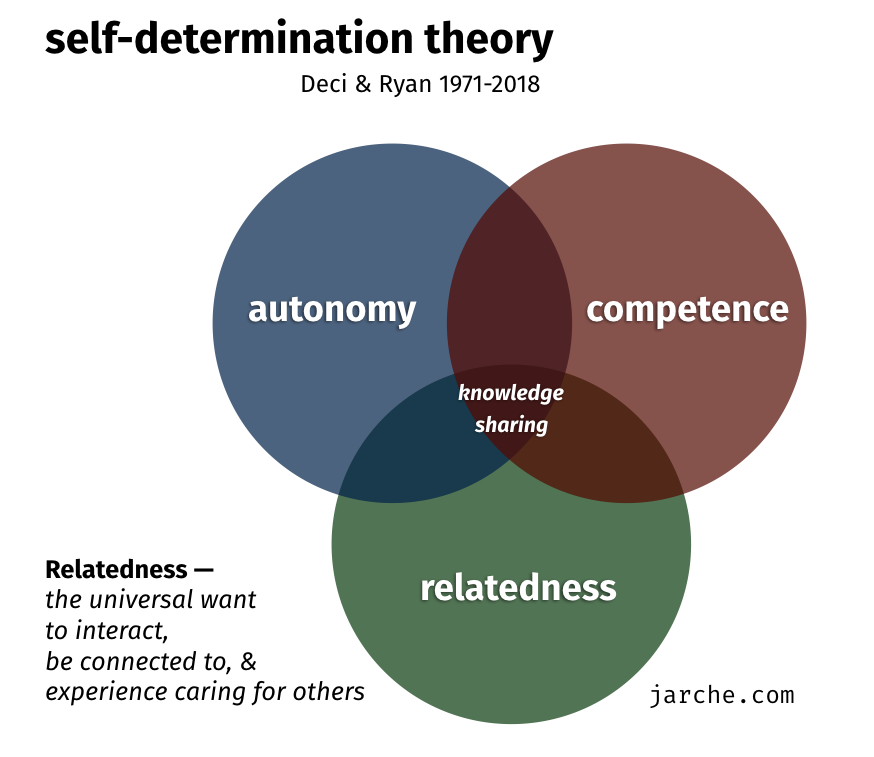 This type of knowledge is informal, learned with experience over time, and usually applies to a specific situation.
This type of knowledge is informal, learned with experience over time, and usually applies to a specific situation.
When it can be captured (if it’s not, for instance, a feeling), it should be added to a knowledge base. Doing so makes it easy to share expertise gained over time with others who may need it.
Tacit knowledge examples
Tacit knowledge can be difficult to transfer and usually isn’t able to be stored. An example of tacit knowledge could be a salesperson’s ability to know the perfect time to give their pitch during a meeting. A combination of experience, reading social cues, and other personal factors must come together to form that unique bit of knowledge.
Since this knowledge is learned with experience over time, companies can help employees strengthen their tacit knowledge by sharing techniques and tips on handling certain situations. An example of this could be a list of phrases for sales leads to look out for when dealing with customer complaints.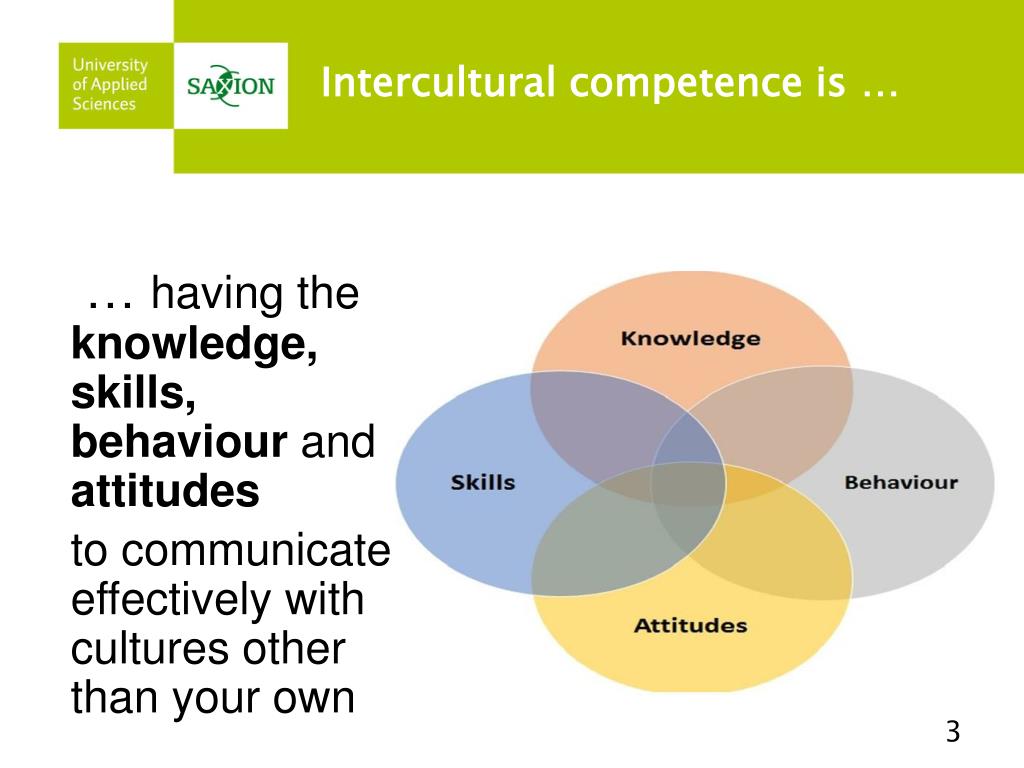 The sales lead could better understand how to ‘read’ or rectify a situation by being prepared with possible conversation outcomes.
The sales lead could better understand how to ‘read’ or rectify a situation by being prepared with possible conversation outcomes.
Here’s an example of documented tacit knowledge:
4. Declarative knowledge
Declarative knowledge which can be also understood as propositional knowledge, refers to static information and facts that are specific to a given topic, which can be easily accessed and retrieved. It’s a type of knowledge where the individual is consciously aware of their understanding of the subject matter.
This type of knowledge is typically stored in documentation or databases and focuses more on the 'who', 'what', 'where', and 'when' behind information and less on the 'how' or 'why'. When documented, it creates the foundation for understanding the subject matter and can help companies improve how they share procedural and explicit knowledge.
Declarative knowledge examples
Some examples of declarative knowledge include an individual's ability to know what the company goals are for the year.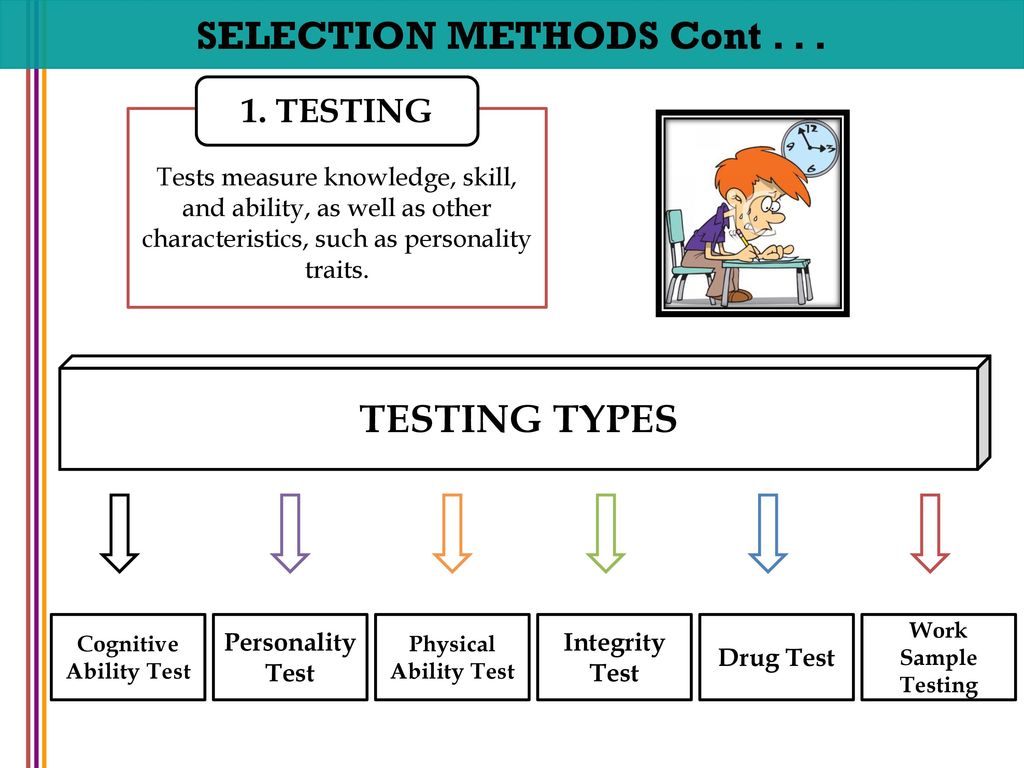 The individual can also understand how performance will be measured due to reading the company newsletter where the goals and metrics are shared across teams.
The individual can also understand how performance will be measured due to reading the company newsletter where the goals and metrics are shared across teams.
5. Procedural knowledge
Procedural knowledge focuses on the ‘how’ behind which things operate, and is demonstrated through one’s ability to do something. Where declarative knowledge focuses more on the ‘who, what, where, or when’, procedural knowledge is less articulated and shown through action or documented through manuals.
Procedural knowledge examples
Stemming from the root “procedure”, an example of procedural knowledge could include a standard operating procedure on how to do specific tasks, or use certain equipment in an organization.
6. A Posteriori knowledge
A posteriori knowledge is a subjective type of knowledge that is gained from individual experience. While this type of knowledge isn’t one to be documented on a company’s knowledge base, it still plays a critical role in the success of teams.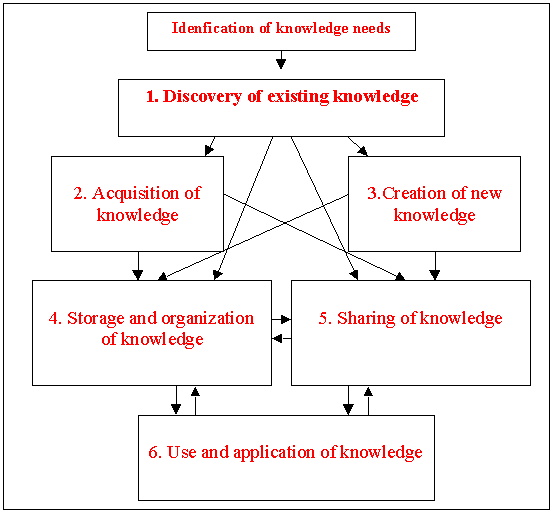 This kind of knowledge gives individuals the ability to know their strengths and weaknesses that stem from their experiences, and can help companies diversify their teams skill set.
This kind of knowledge gives individuals the ability to know their strengths and weaknesses that stem from their experiences, and can help companies diversify their teams skill set.
A Posteriori knowledge examples
Due to a posteriori knowledge being derived from individual experiences, some examples of a posteriori knowledge could include an individual's ability to lead teams based on their previous roles in management, or the ability to de-escalate or diffuse tense situations.
7. A Priori knowledge
A priori knowledge is the opposite of posteriori knowledge, and is gained independent of experience or evidence. This type of knowledge is often shared through logical reasoning, or one's ability to think abstractly. Although a priori knowledge isn’t necessarily documented, it’s often shown in the form of team’s ability to understand and reason when faced with situations.
A Priori knowledge examples
Examples of a priori knowledge could include one’s ability to excel in mathematics, or logical reasoning due to their natural ability to understand and interpret information without needing further explanation.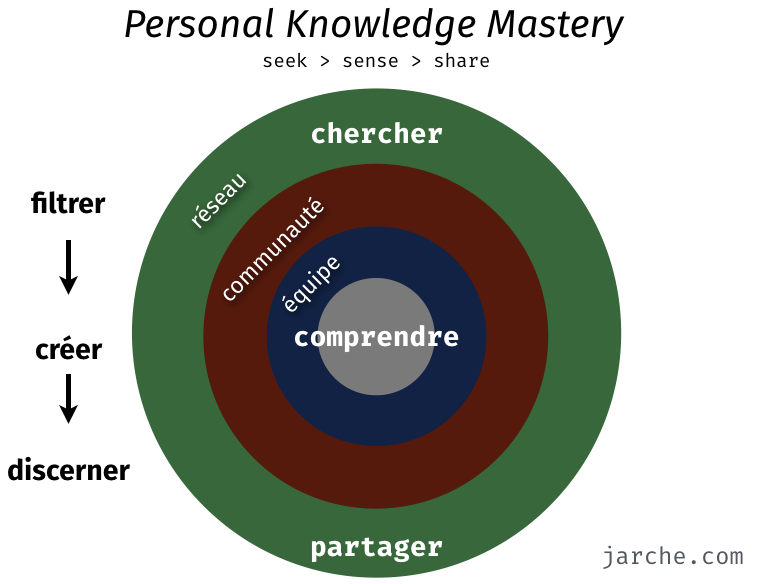
Frequently asked questions about the types of knowledge
What is the importance of explicit knowledge?
Explicit knowledge plays an important role in organizations, due to its ability to be easily articulated, documented, and accessed. Since explicit knowledge can be easily shared across teams, this type of knowledge allows companies to save time by maintaining a single source of truth.
How can explicit knowledge be improved?
Explicit knowledge maintains a single source of truth within an organization, being open to team feedback on ideas for continuous improvement can help improve explicit knowledge.
How do you gain tacit knowledge?
One of the easiest ways to gain tacit knowledge is by observing others in the workplace, whether it be how they prioritize, address or scale tasks and projects.
What are the positive aspects of procedural knowledge?
Since procedural knowledge is focused on the ability to take action, some positive aspects of procedural knowledge include being goal-oriented and having the ability to problem-solve.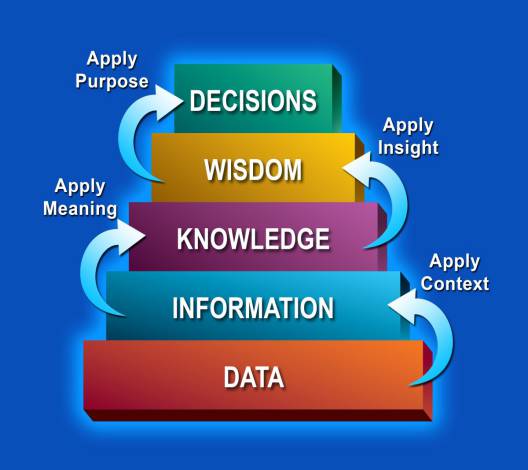
Types, sources of knowledge. Classifications. Forms of knowledge / Directory :: Bingoskul
Types, sources of knowledge. Classifications. Forms of knowledgeAdd to bookmarks Remove from bookmarks
Contents:
Cognition - the acquisition of knowledge, the study of the laws of the objective world.
Knowledge - follows from knowledge and is a collection of information about any area of knowledge.
Sources of knowledge
There are 2 sources of knowledge:
- Empiricism - emotional experience that directly gives knowledge about the surrounding world;
- Rationalism - information obtained through thinking, not based on emotions.
Empirical knowledge is perceived through the senses. It contains a number of features: logic, systematic, reproduction of the visual structure of the object.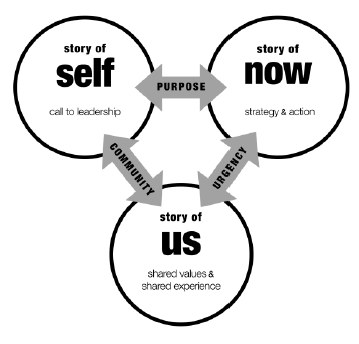
Forms of sensory cognition:
- Feeling – reproduction of the characteristic features of an object in reality;
- Perception – emotional image;
- Representation - the characteristics of the object imprinted in the mind.
Rational knowledge is formed by thinking. Features lie in sensual detachment, abstraction, generalization.
Forms of rational cognition:
- Concept - approval of common object parameters;
- Judgment – affirmation or negation of the properties of an object;
- Conclusion (inference) - the formation of an original judgment from a set of old ones.
There are 3 types:
- Inductive;
- Deductive;
- Match.
Some scientists distinguish the third source of knowledge - intuition.
Intuition – cognition of the truth by some premonition, there is no reliance on logical and reasonable evidence.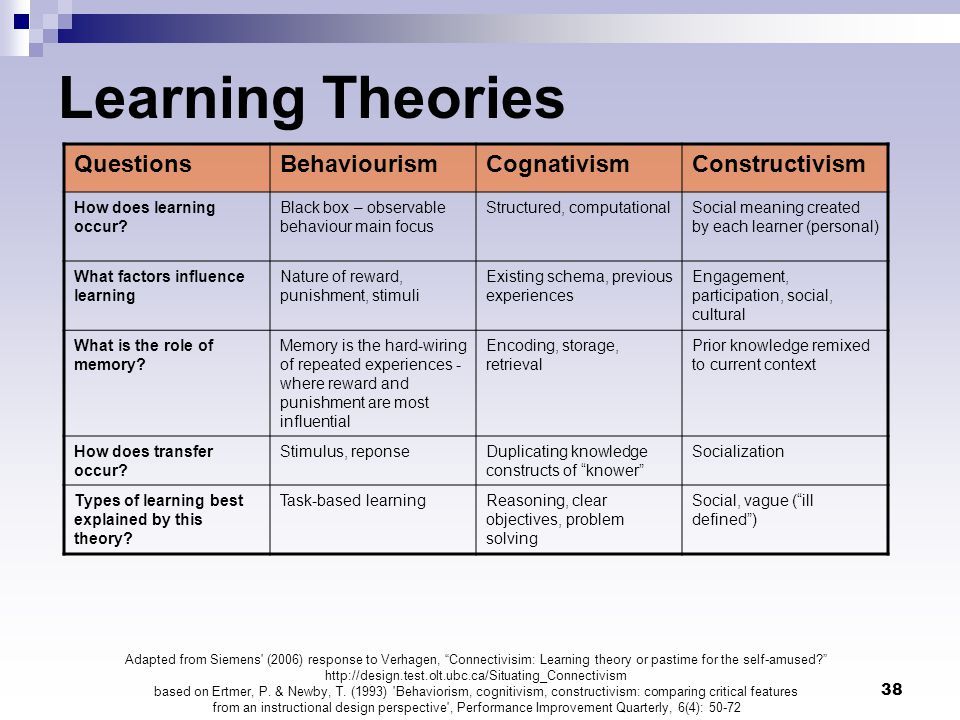
Types of intuition:
- Mystical - based on life experiences and emotions;
- Intellectual - carried out by mental activity.
Knowledge is a combination of sensory and rational knowledge, and intuition is a form of conjugation of sensory and rational.
Classifications
O. Comte, the positivist and founder of sociology, proposed three forms of knowledge:
- religious (based on beliefs and customs)
- philosophical (based on intuition)
- positive (scientific facts recorded as a result of the experiment)
Classification depending on:
- Media (knowledge of people transmitted in various ways)
- speech, images)
- Formalization (formalized, structured, non-formalized)
- Method of obtaining knowledge (practical, everyday, scientific, religious).
Forms of knowledge
There are 6 forms of knowledge:
- Pre-scientific - knowledge acquired before the formation of modern sciences.
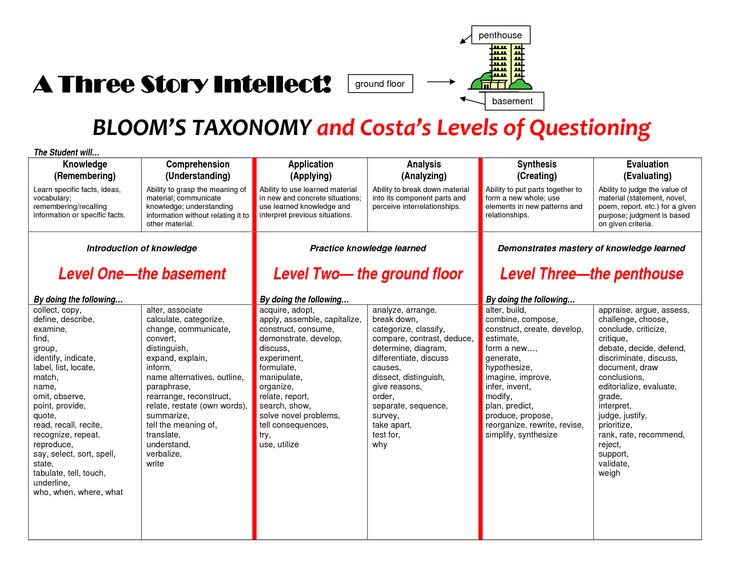
- Scientific – rational knowledge supported by theories and laws. Knowledge is obtained and fixed by scientific methods, it is not formalized and is not described by laws.
- Parascientific - supplemented information to existing scientific knowledge (extrasensory, esoteric)
- Extra-scientific - specially falsified knowledge about the world.
- Pseudo-scientific - unproven or refuted knowledge based on prejudice.
- Anti-scientific e - erroneous knowledge (utopia, panacea).
Types of knowledge
Types of knowledge0179 | Ordinary | - based on everyday reality and experience. It is characterized by an empirical nature and is the basis of everyday human behavior. | Mythological | - a set of rational and emotional knowledge, represents the structuring of reality for the knowledge of the world. |  Religious | – belief in the supernatural, characterized by emotional perception of reality. Religious thinking is fixed in sensual images. Religion contains its own values and ideals. | Artistic | – is formed by the field of art, does not strive to be scientific and substantiated. The main form is an artistic image. Fiction is allowed in art, therefore the artistic world is conditional. | Philosophical | - the emphasis is on rational-theoretical forms. | Rational | - based on rational thinking: reflects reality in logical terms. | Irrational | - does not obey scientific laws, is reflected in the emotional context: experiences, passions, intuition. | Personal | - features of intellectual activity and abilities of the subject. | 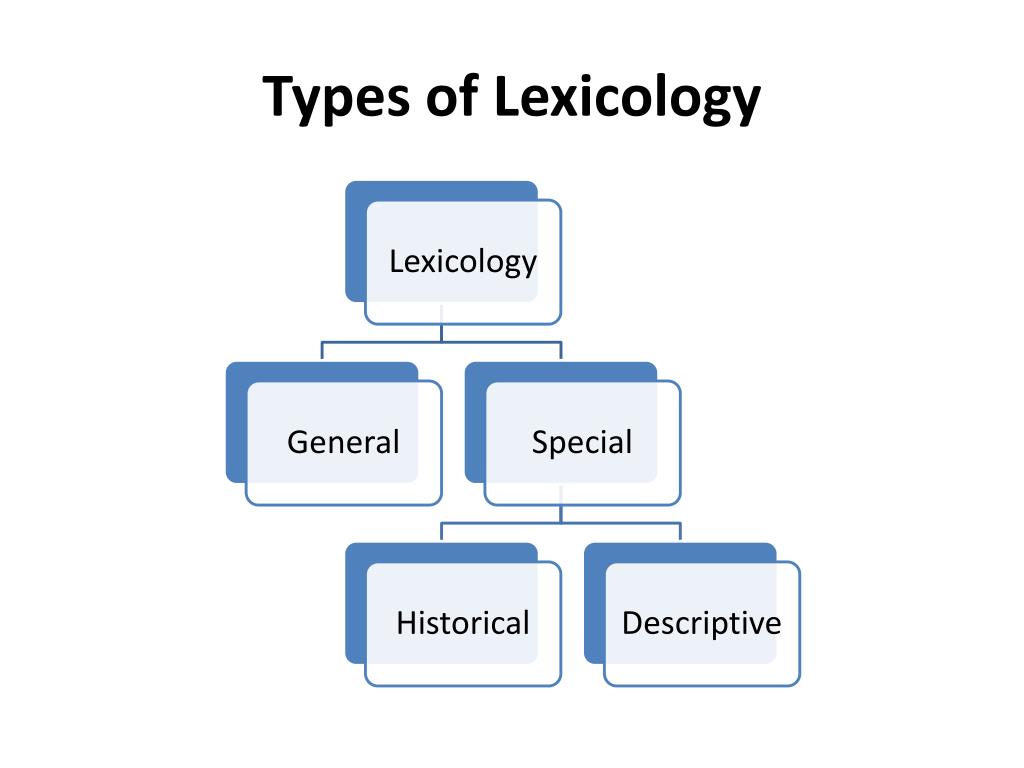 Quasi-scientific | - combines the features of some species. Represents the teachings of mysticism, magic, esotericism, alchemy. | | |
See also:
- Natural and social in man. (Man as a result of biological and socio-cultural evolution)
- Worldview, its types and forms
- The concept of truth, its criteria
- Thinking and activity
not load xLike class!
| Knowledge is information obtained in the process of mental activity (see Thinking) in a certain way and ordered in some way , which reflects certain properties of existing reality in the consciousness of a person with varying degrees of reliability and objectivity (see World), including information about both the external world (its objects, objects, phenomena and processes) and about the person himself. Depending on the accepted criteria, knowledge can be divided into three main types according to the level of its functioning: ordinary practice-oriented knowledge of everyday life, fundamental, conceptual and specialized knowledge (scientific, religious, philosophical, creative and others), professional practical (activity) knowledge of various social communities and groups (in this context, knowledge is interpreted as a means of organizing expedient practical actions with elements of reality, both objective and abstract). Within philosophy, they took shape as independent disciplinary areas that study cognition and knowledge: epistemology (see Epistemology) and epistemology (see Gnoseology), at the interdisciplinary scientific level - science of science and various "metrics" (scientometrics, econometrics, and the like), within disciplinary types of knowledge (philosophy, science, theology). In some cross-cultural studies (at the empirical level), in the works of L. Levy-Bruhl, K. Levy-Strauss and other researchers (at the theoretical level), in the concepts of O. Spengler, A. J. Toynbee, N. Ya. Danilevsky and other thinkers (at the level of philosophical reflection), the situation of the presence of different types of knowledge and different "specific weight" of its types, the presence of different types of technology for working with knowledge and its "representation and ordering" in certain cultures in different historical periods was comprehended. Moreover, the obvious heterogeneity of the same scientific knowledge, to which the European intellectual tradition had previously constantly appealed, was shown. In particular, socio-humanitarian knowledge was specified, in which its fundamental plurality was also found. Thus, it turned out to be discredited (it was questioned earlier in irrationalistically and mystically oriented concepts) the claim of the European mind to its adequate expression primarily (or even solely) in a rationalistically or empirically interpreted science as “genuine”, “unobscured” and similar knowledge. . "Traditional" ideas about knowledge are also undermined by the socio-cultural realities of the so-called "post-industrial" and "information" society, which turned knowledge and educational practices, along with economic and political ones, into dominant ones, and changed the "mode" of their production and functioning from institutionalized academic to communication , as well as those who raised the question of "technical", "artificial" mind. Thus, there was a need not only to reject the reduction of knowledge exclusively to the scientific and / or philosophical, but also the need to redefine the very phenomenon of knowledge in terms of different types of "logics" and "rationality" with changing real dominants in specific historical and socio-cultural situations.
| |
| |
|
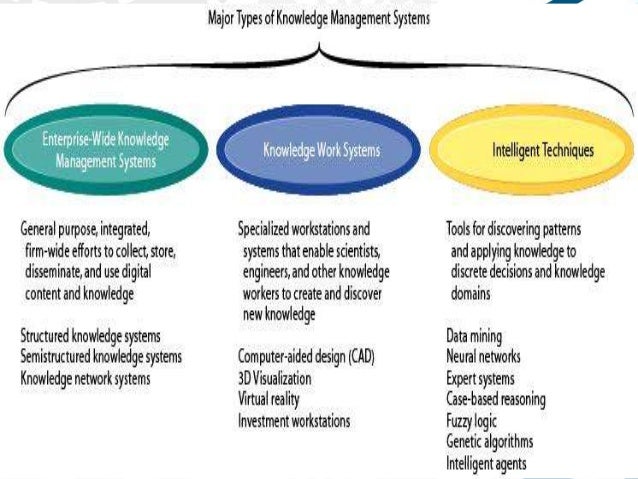 AT social environment (see Society) some information is assigned the status of knowledge, as a rule, in accordance with any criteria, norms and procedures adopted in a particular community. Knowledge is also called the [informational] result of the cognitive process (see Cognition), its result, accumulated and stored in human culture (see Culture) and creating the basis of behavior (see Behavior) and activity (see . Activity) of people. The basis for obtaining, fixing and broadcasting any knowledge, as a rule, is a specific language covering certain areas of knowledge functioning.
AT social environment (see Society) some information is assigned the status of knowledge, as a rule, in accordance with any criteria, norms and procedures adopted in a particular community. Knowledge is also called the [informational] result of the cognitive process (see Cognition), its result, accumulated and stored in human culture (see Culture) and creating the basis of behavior (see Behavior) and activity (see . Activity) of people. The basis for obtaining, fixing and broadcasting any knowledge, as a rule, is a specific language covering certain areas of knowledge functioning. 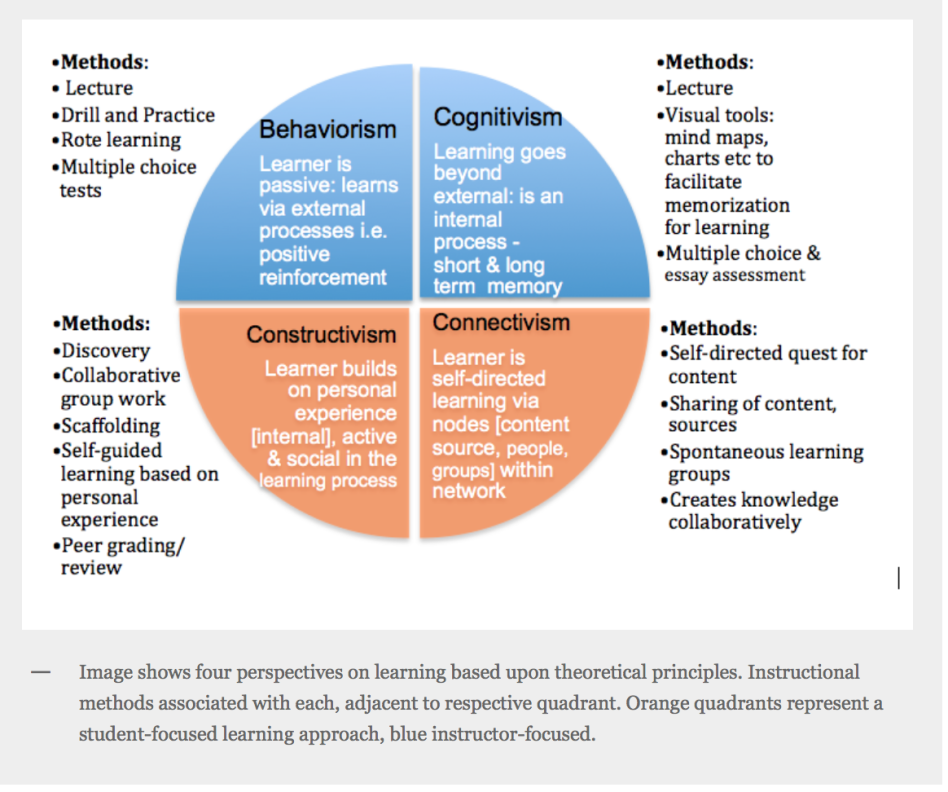 One can also talk about personal knowledge and structures of personal knowledge. There are also structures of explicit, presented, rationally expressed knowledge, and implicit (latent) knowledge, localized in the structures of accumulated sociocultural experience and the subconsciousness of individuals. In addition, in explicit, as a rule, specialized, less often professional and (in some cases) practical knowledge, one can single out "subject knowledge" aimed at objects, processes, phenomena (both at the level of situational givenness, and at the level of deep invariants) and "metaknowledge" (that is, knowledge about knowledge and the possibilities of working with knowledge). Special knowledge practices penetrating into metaknowledge, but sometimes into "subject" knowledge, present methodology (knowledge about the ways, methods, possibilities and goals of obtaining knowledge, as well as about technologies for working with it) and reflection (philosophical, methodological, activity).
One can also talk about personal knowledge and structures of personal knowledge. There are also structures of explicit, presented, rationally expressed knowledge, and implicit (latent) knowledge, localized in the structures of accumulated sociocultural experience and the subconsciousness of individuals. In addition, in explicit, as a rule, specialized, less often professional and (in some cases) practical knowledge, one can single out "subject knowledge" aimed at objects, processes, phenomena (both at the level of situational givenness, and at the level of deep invariants) and "metaknowledge" (that is, knowledge about knowledge and the possibilities of working with knowledge). Special knowledge practices penetrating into metaknowledge, but sometimes into "subject" knowledge, present methodology (knowledge about the ways, methods, possibilities and goals of obtaining knowledge, as well as about technologies for working with it) and reflection (philosophical, methodological, activity).  Methodology currently claims a special independent status in this regard, in particular, in the form of a system-thought-activity methodology (see SMD methodology). Various kinds of irrational knowledge have now begun to be considered as special types: "metaphysical knowledge", "mystical knowledge", "occult knowledge", "paraknowledge" and the like.
Methodology currently claims a special independent status in this regard, in particular, in the form of a system-thought-activity methodology (see SMD methodology). Various kinds of irrational knowledge have now begun to be considered as special types: "metaphysical knowledge", "mystical knowledge", "occult knowledge", "paraknowledge" and the like. 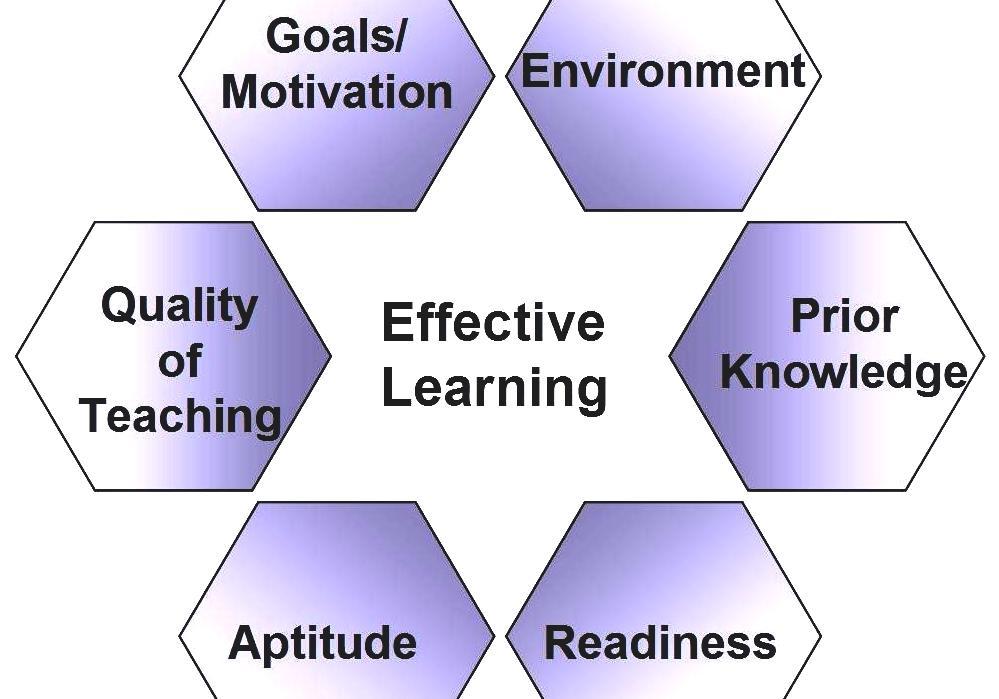
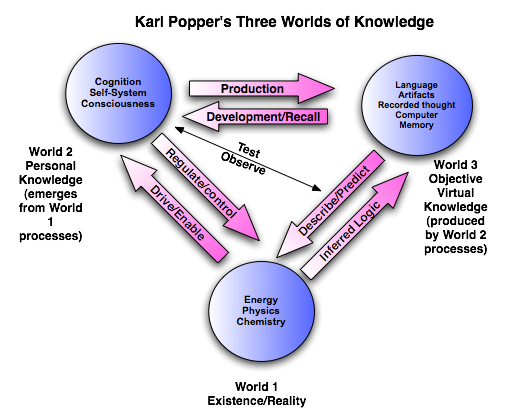 To date, the main vectors of movement in this direction have been identified:
To date, the main vectors of movement in this direction have been identified: 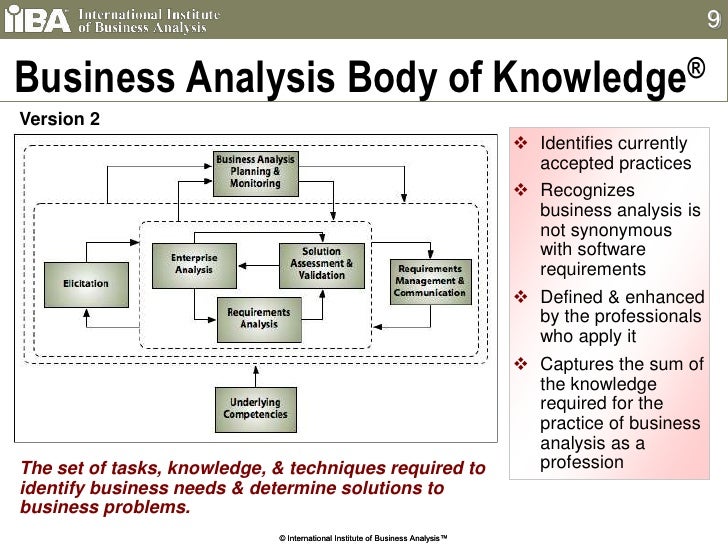 Within the framework of the latter, subject specification can be interpreted as the possibility of changing points of view and transforming one form of knowledge into another. The very subject of knowledge can then be understood as a vision of the object in the light of established research attitudes, depending on the array of already accumulated knowledge. In addition, a number of approaches have been developed in scientific knowledge that allow analyzing different subject areas (semiotic, systemic, activity, structural-functional, and others) within their methodological and theoretical guidelines.
Within the framework of the latter, subject specification can be interpreted as the possibility of changing points of view and transforming one form of knowledge into another. The very subject of knowledge can then be understood as a vision of the object in the light of established research attitudes, depending on the array of already accumulated knowledge. In addition, a number of approaches have been developed in scientific knowledge that allow analyzing different subject areas (semiotic, systemic, activity, structural-functional, and others) within their methodological and theoretical guidelines. 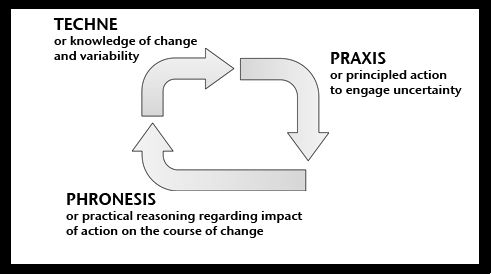 Knowledge is deprived of the status of intrinsic value as the ultimate goal of cognition, the ideas about knowledge as a prerequisite (given vision) and as a means (methodological and procedural component) of cognition are actualized. The question is raised about the relevance of knowledge as a product to problem fields and orientations of acting subjects. The content of knowledge is continuously problematized, and knowledge is normatively standardized and technologized.
Knowledge is deprived of the status of intrinsic value as the ultimate goal of cognition, the ideas about knowledge as a prerequisite (given vision) and as a means (methodological and procedural component) of cognition are actualized. The question is raised about the relevance of knowledge as a product to problem fields and orientations of acting subjects. The content of knowledge is continuously problematized, and knowledge is normatively standardized and technologized. 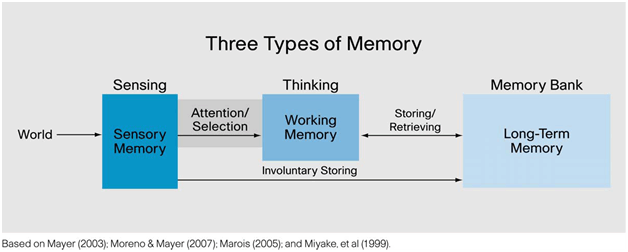
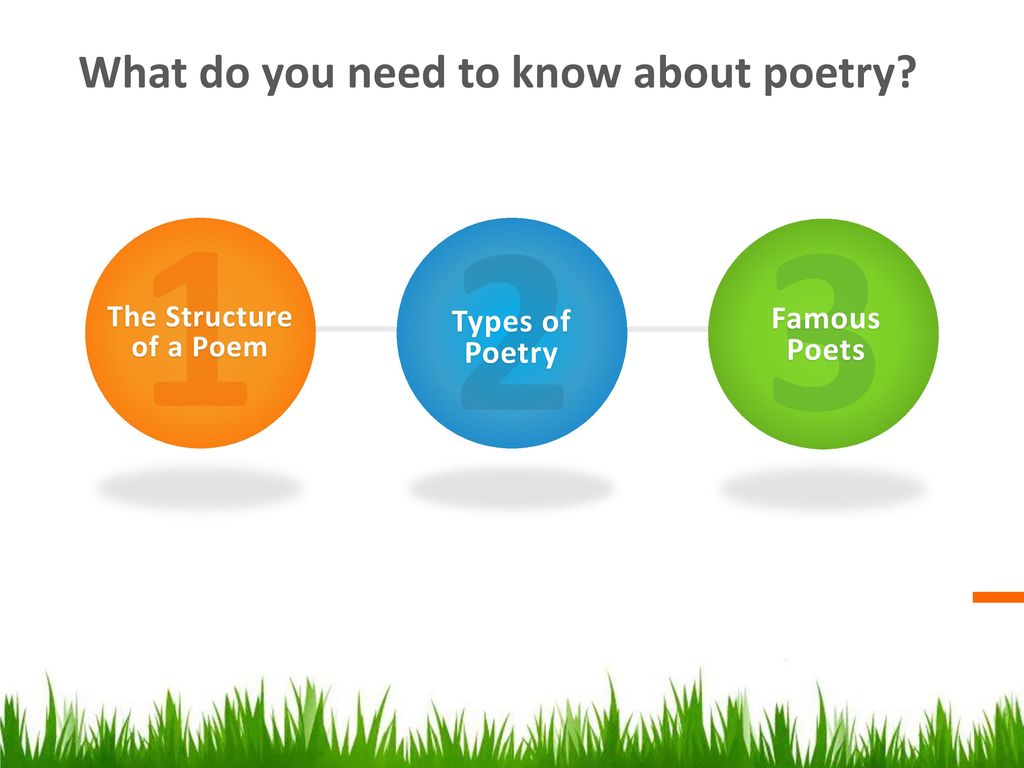 At the same time, knowledge is interpreted as an abbreviated record of socially necessary activities through generalization and typification for the purposes of translation. The problem in this case is the fragmentation of available knowledge arrays into specific segments of activity and for specific subjects (individuals), as well as the reverse process of integrating "fragments" into integrity. An additional task is the institutional support of these processes.
At the same time, knowledge is interpreted as an abbreviated record of socially necessary activities through generalization and typification for the purposes of translation. The problem in this case is the fragmentation of available knowledge arrays into specific segments of activity and for specific subjects (individuals), as well as the reverse process of integrating "fragments" into integrity. An additional task is the institutional support of these processes. 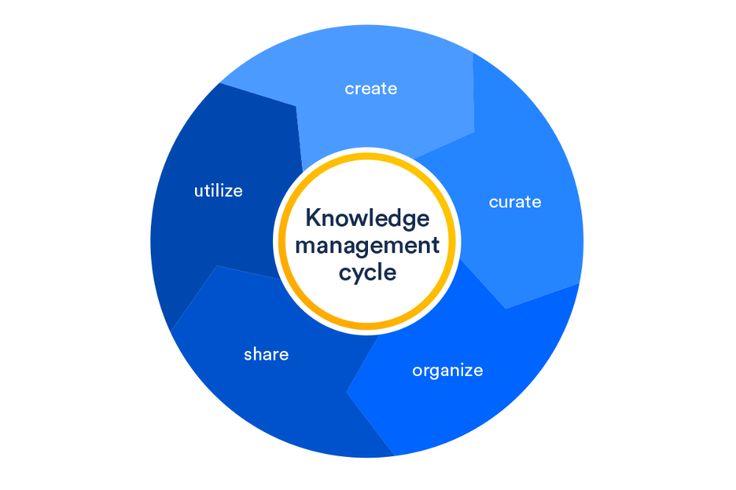
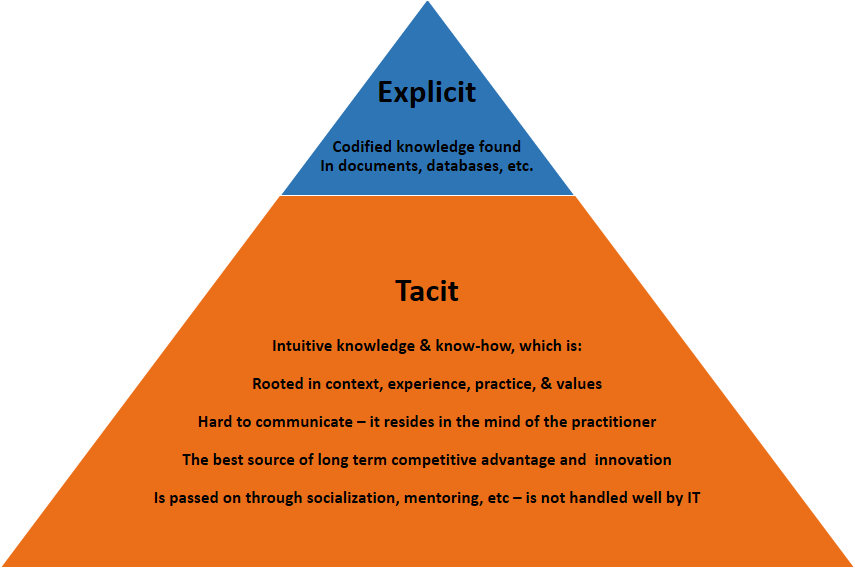
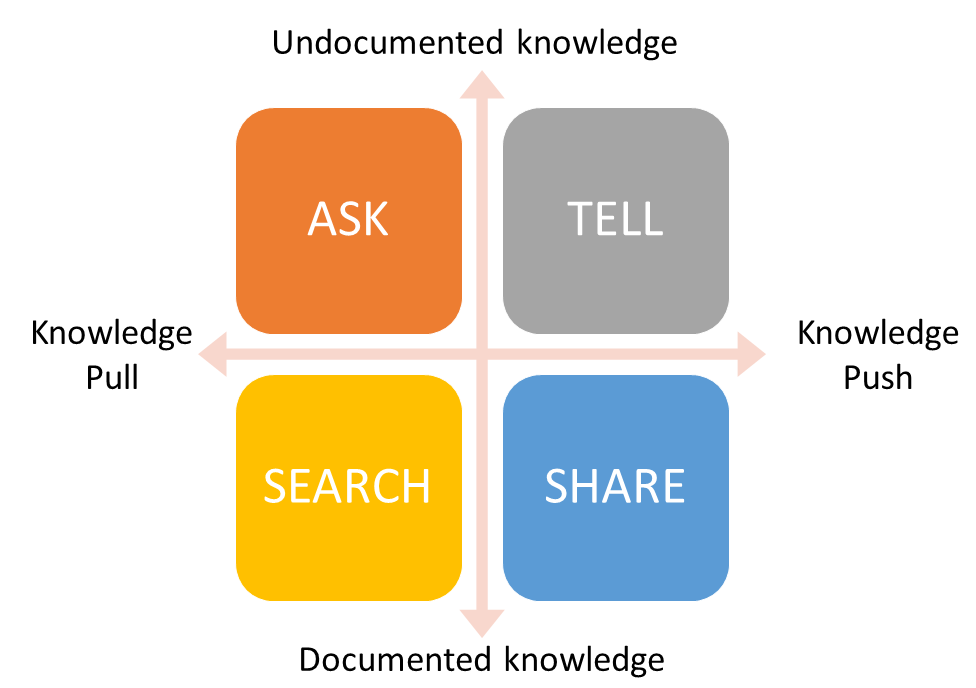 Thus, being aimed at obtaining new knowledge, ignorance is always described in terms of existing knowledge, being its integral destabilizing component.
Thus, being aimed at obtaining new knowledge, ignorance is always described in terms of existing knowledge, being its integral destabilizing component. 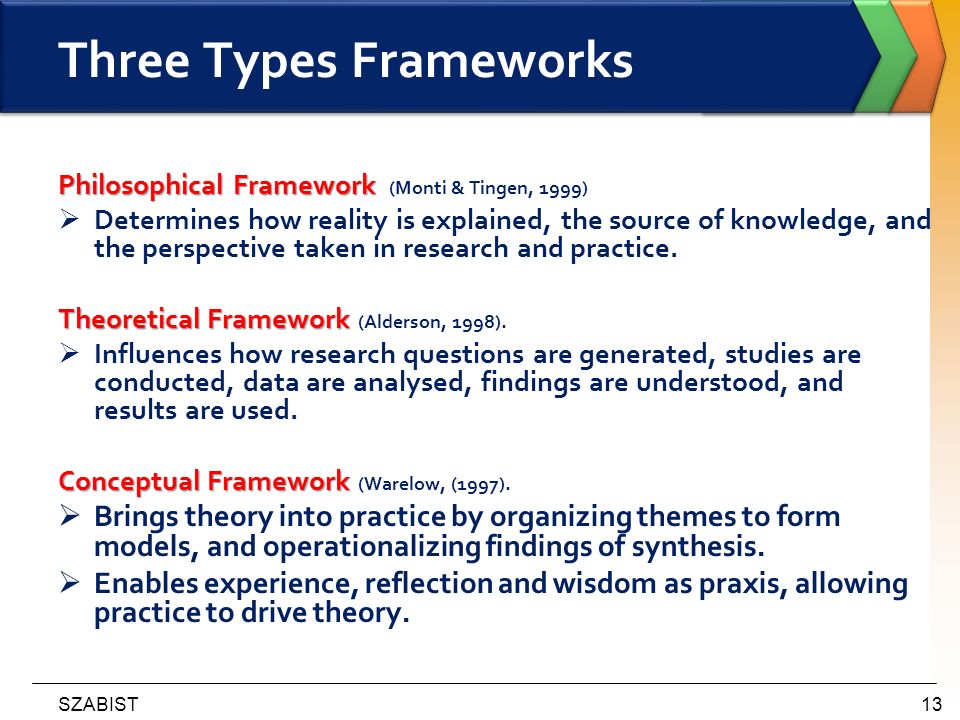 Science and sociology of knowledge. - M., 1983.
Science and sociology of knowledge. - M., 1983. 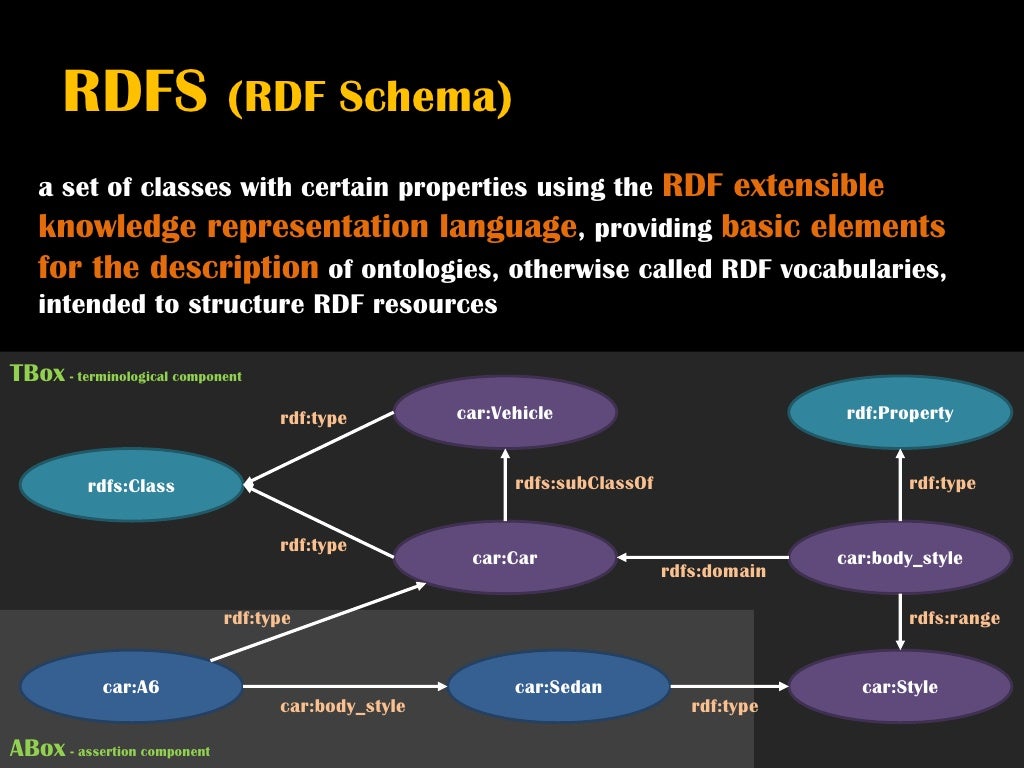 Human understanding. - M., 1984.
Human understanding. - M., 1984.  Oxford: Clarendon Press.
Oxford: Clarendon Press. 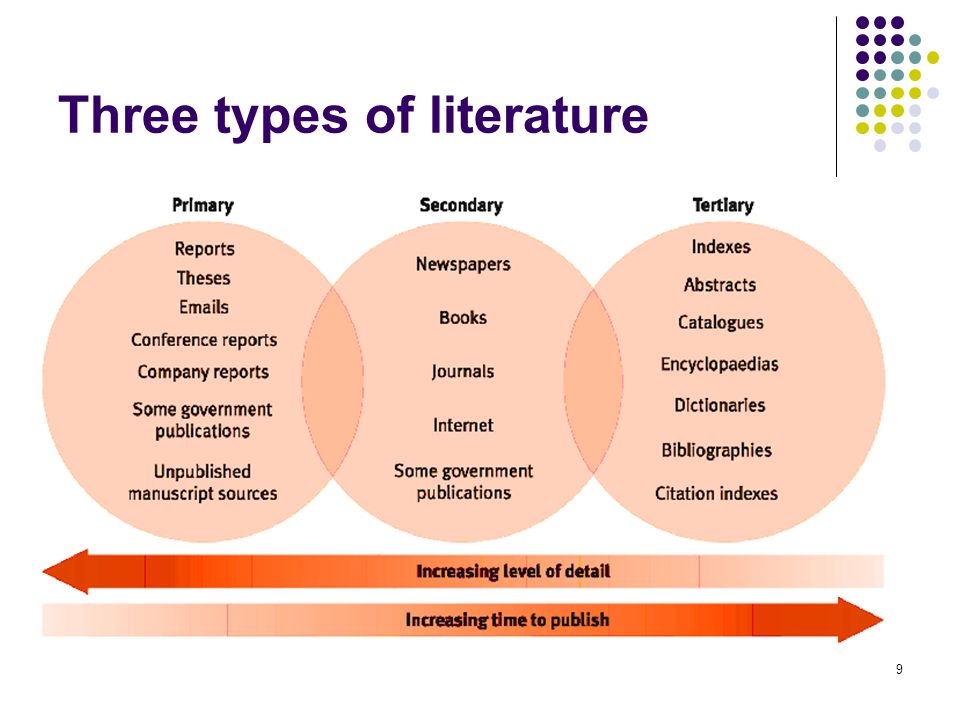 The Journal of Philosophy 83, 574-585.
The Journal of Philosophy 83, 574-585. 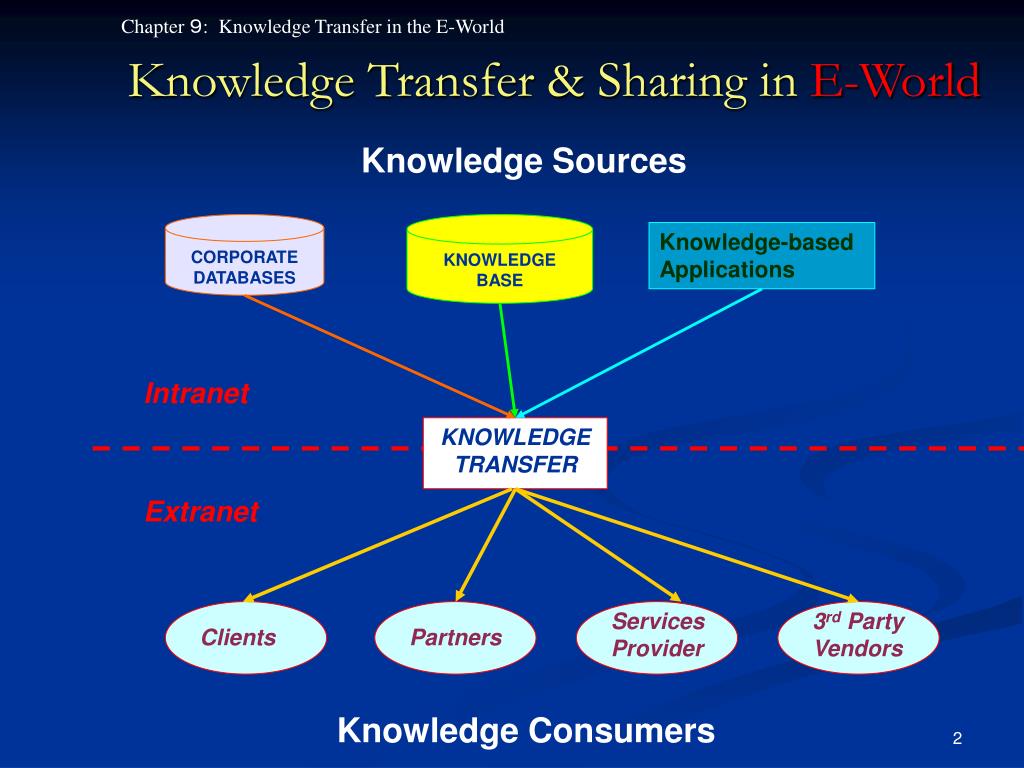 1999. “Contextualism: An Explanation and Defense.” In: J. Greco and E. Sosa, eds., The Blackwell Guide to Epistemology. Malden, Massachusetts: Blackwell, 187–205.
1999. “Contextualism: An Explanation and Defense.” In: J. Greco and E. Sosa, eds., The Blackwell Guide to Epistemology. Malden, Massachusetts: Blackwell, 187–205. 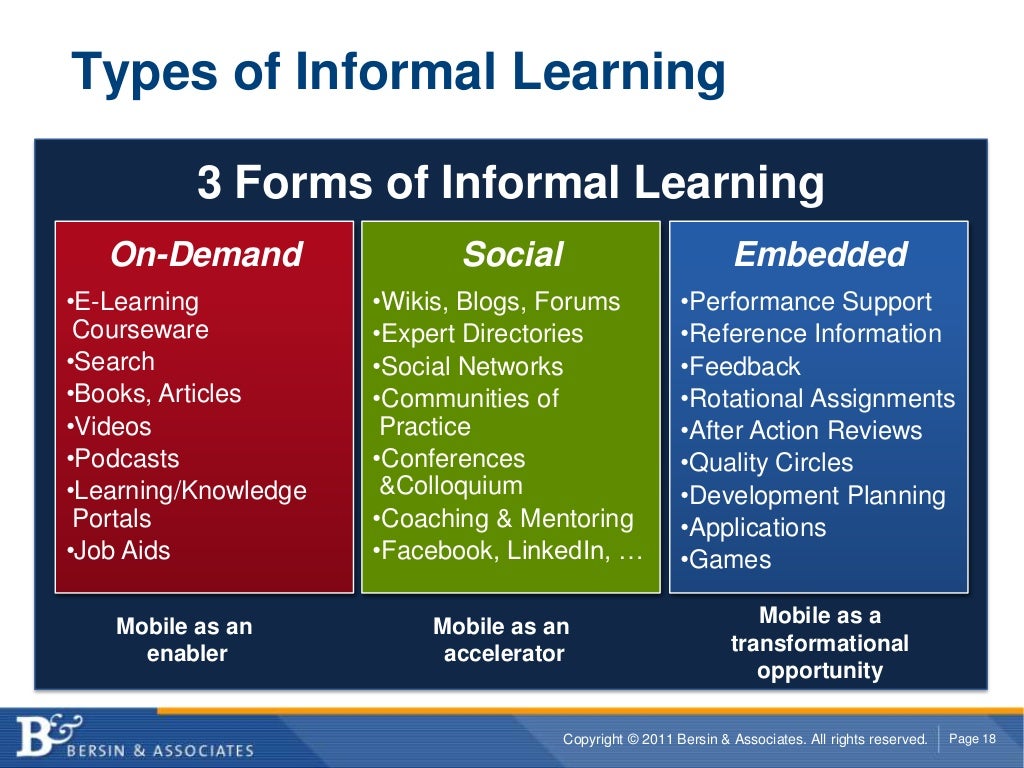 2003. Epistemology. Upper Saddle River, New Jersey: Prentice Hall.
2003. Epistemology. Upper Saddle River, New Jersey: Prentice Hall. 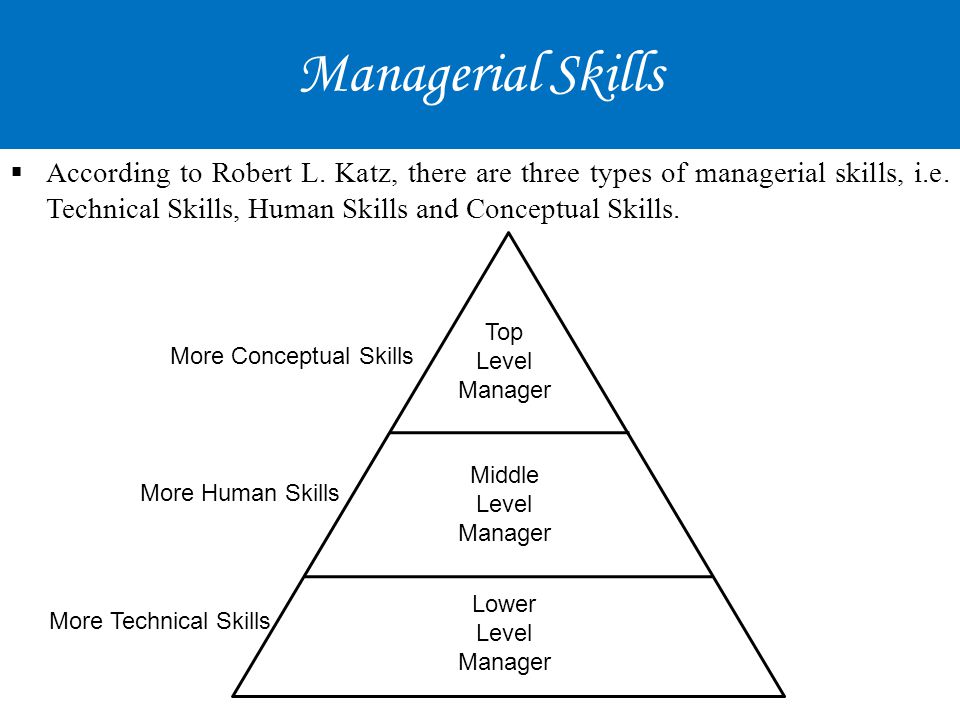 1991. “A Foundherentist Theory of Empirical Justification.” In: Theory of Knowledge: Classical and Contemporary Sources (3rd ed.), Pojman, Louis (ed.), Belmont, CA: Wadsworth.
1991. “A Foundherentist Theory of Empirical Justification.” In: Theory of Knowledge: Classical and Contemporary Sources (3rd ed.), Pojman, Louis (ed.), Belmont, CA: Wadsworth. 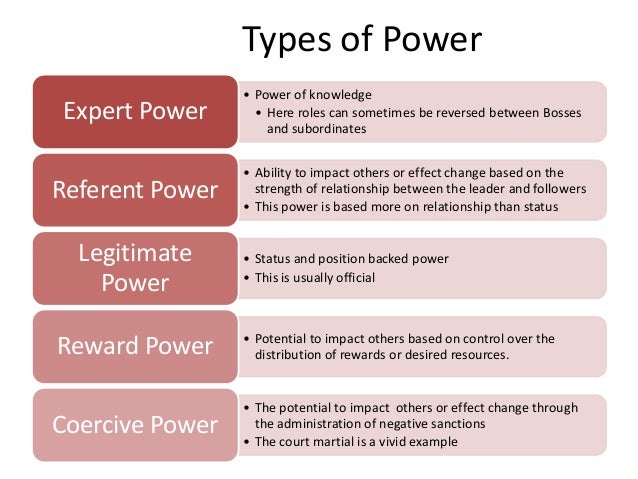 K. Smith. Basingstoke: Palgrave Macmillan.
K. Smith. Basingstoke: Palgrave Macmillan. 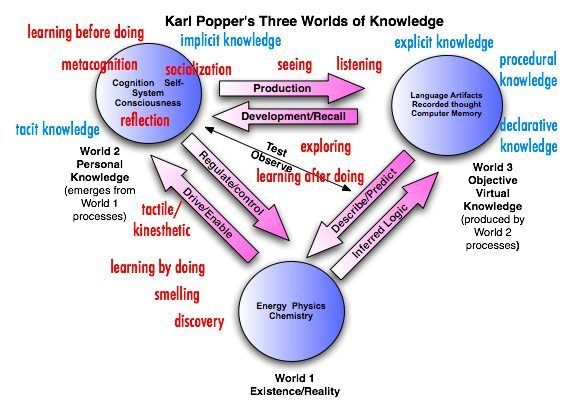 London: Routledge, 513–522.
London: Routledge, 513–522. 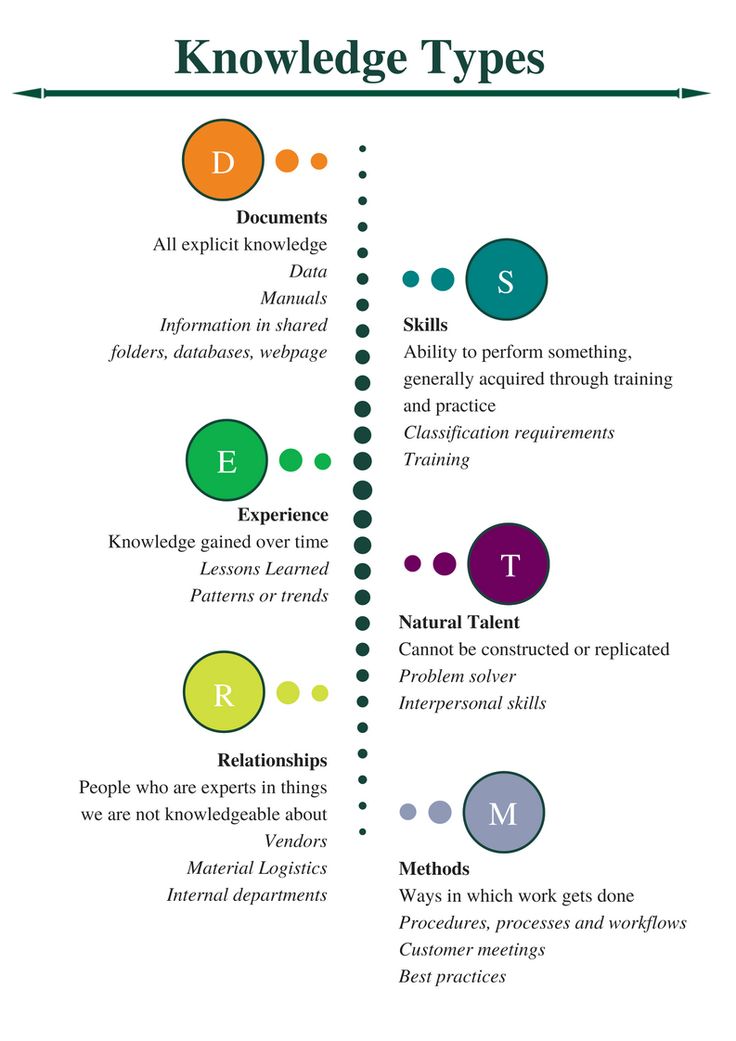 1969. “Epistemology Naturalized.” In: W. V. Quine, Ontological Relativity and Other Essays. New York: Columbia University Press, 69–90.
1969. “Epistemology Naturalized.” In: W. V. Quine, Ontological Relativity and Other Essays. New York: Columbia University Press, 69–90. 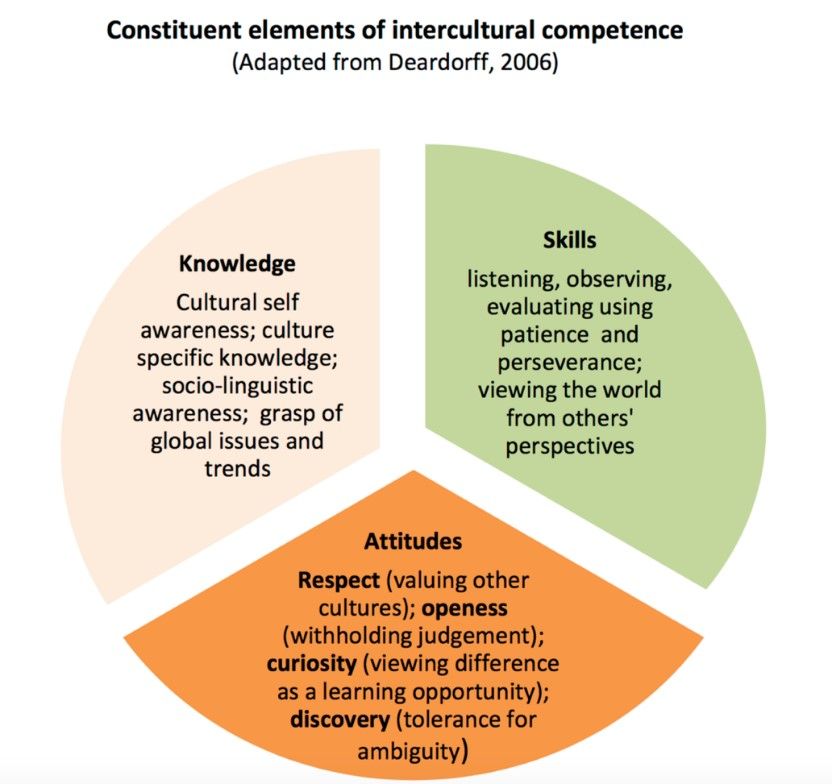 1992. Why Knowledge Is Merely True Belief. The Journal of Philosophy 89, 167-180.
1992. Why Knowledge Is Merely True Belief. The Journal of Philosophy 89, 167-180. 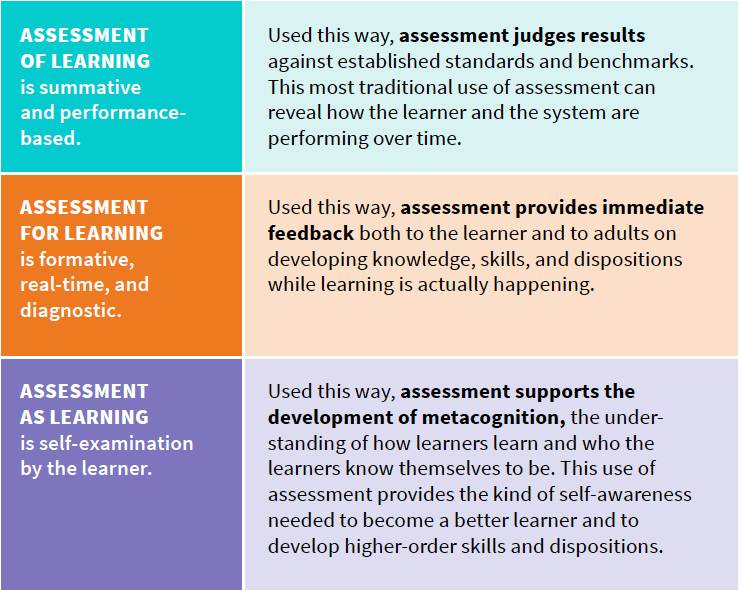 2007. A Virtue Epistemology: Apt Belief and Reflective Knowledge, Volume I. Oxford: Clarendon Press.
2007. A Virtue Epistemology: Apt Belief and Reflective Knowledge, Volume I. Oxford: Clarendon Press. 